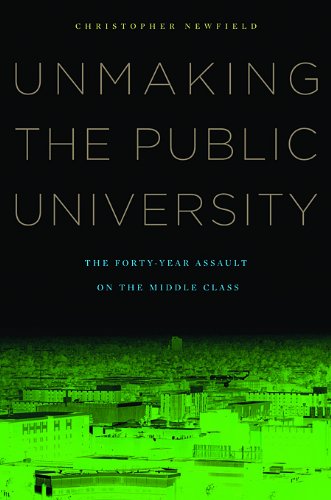Peter Lang publishing is holding a Young Scholars Competition in Education Studies. The winner will be offered a paperback book contract. The deadline for applications is 31 August 2016.
“Proposals are invited from early career scholars for academic monographs in the area of Education Studies to be evaluated by a distinguished editorial board. The winner of the competition will receive a contract to publish the volume in the book series New Disciplinary Perspectives on Education. This new series supports emergent work on education that combines emphases on theory and activism, focusing on challenges to recent developments in education policy arising from the marketisation and commodification of education and educational institutions. In particular, the series welcomes work that does not simply critique these developments, but marks out a space for new and alternative educational practice. This work might focus on university education, further education or school institutions at primary or secondary level.”
Proposals for the competition should be submitted to Christabel Scaife (c.scaife@peterlang.com) by 31 August 2016 and include an abstract (including chapter synopses), CV and a sample chapter (5,000 to 10,000 words in length) in separate Microsoft Word documents. Proposals under review elsewhere should not be submitted.

 The RiCES group are delighted to welcome
The RiCES group are delighted to welcome